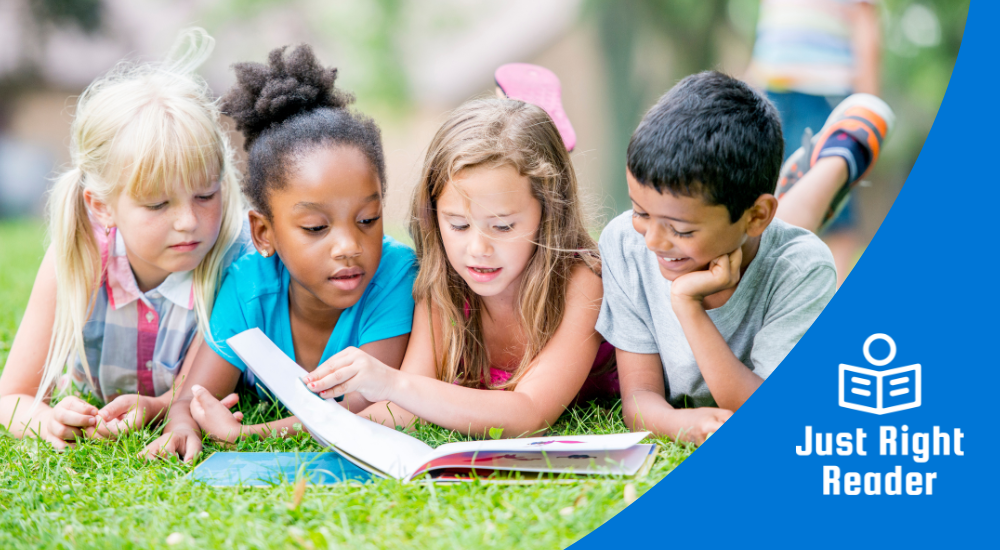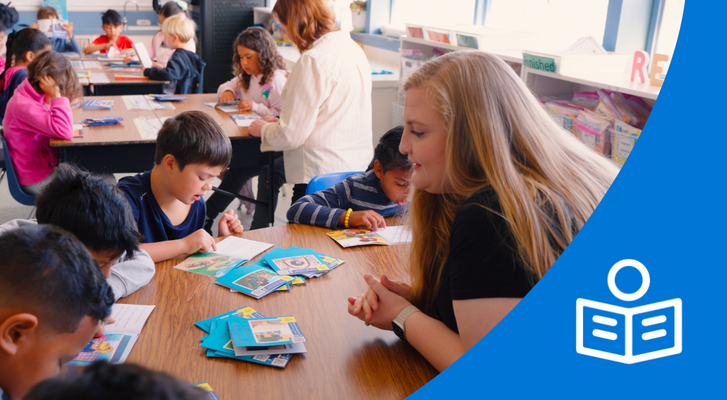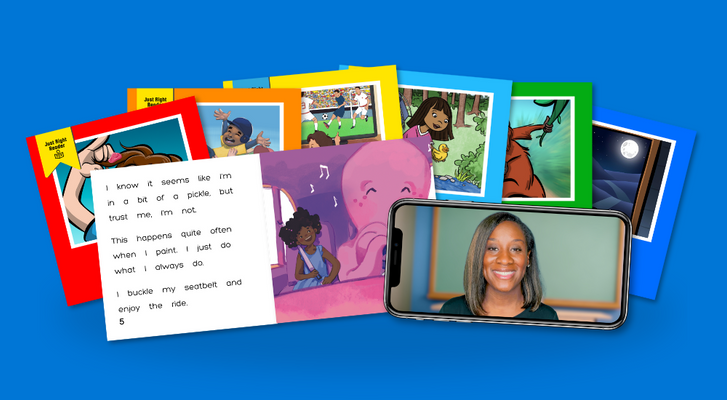
As the bell rings on the last day of school and students transition from the rigorous pace of the classroom to summer, an opportunity presents itself to accelerate learning in fun and engaging ways.
Discover the benefits of summer learning and ten creative approaches to support literacy development during the break from school.
What are the benefits of summer reading?
Research shows reading over the summer brings numerous benefits:
- Increased cognitive development and academic performance.
- Strengthened phonemic awareness, phonics, comprehension, vocabulary, and fluency skills.
- Development of language skills.
- Increased motivation to learn about new topics that build background knowledge.
- Improved attitudes towards reading.
- Preparedness for the upcoming school year.
Not only does it strengthen foundational reading skills, but it also provides kids with space to be creative while exploring new topics and genres and opportunities to participate in reading experiences that aren’t always feasible during the school year.
“See what you can do to get kids to read just a little each day over the summer. That kind of regular practice should help them to not onlyprevent learning loss, but actuallybuild their decoding skills over the summer.” Dr. Paul von Hippel, Professor at the University of Texas at Austin
Accelerate Reading Achievement with Summer Take-Everywhere Literacy Packs ™
Whether used for summer school programs or at home,Summer Take-Everywhere Literacy Packs™ provide personalized phonics practice that motivates kids to continue reading and strengthens their decoding skills during summer break.
Our Summer Take-Everywhere Literacy Packs
™ in English and Spanish feature:

- Science of Reading decodables personalized for each student based on district reading assessment data
- Writing pages to reinforce decoding and writing skills.
- Evidence-based activities that motivate students to read
- QR codes to access fun phonics lessons in multiple languages to support students and families reading at home.
- Customized backpacks for students to take their reading everywhere
Are you a district leader looking to amplify your summer program? Learn how to leverage summer as an opportunity to accelerate reading achievement.
References:
Alexander, K. L., Entwisle, D. R., & Olson, L. S. (2007). Lasting consequences of the summer learning gap.American Sociological Review, 72(2), 167–180.
Atteberry, A., & McEachin, A. (in press, 2020). School's out: The role of summers in understanding achievement disparities. American Educational Research Journal.
Cooper, H., Nye, B., Charlton, K., Lindsay, J., & Greathouse, S. (1996).The effects of summer vacation on achievement test scores: A narrative and meta-analytic review.Review of Educational Research,66(3), 227–268.







